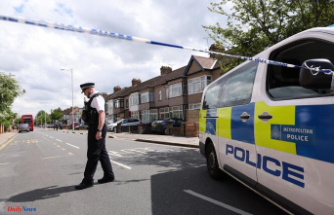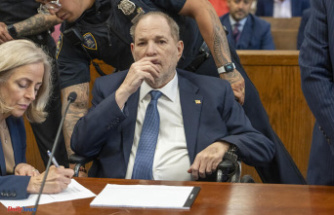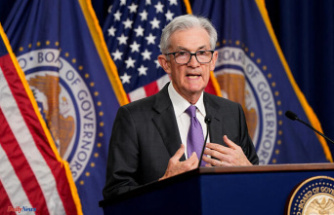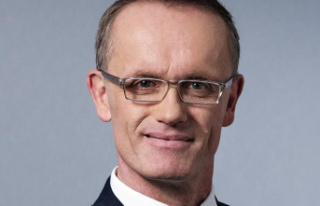At their first emergency meeting on monkeypox in June, the experts advised the WHO Secretary-General against declaring the highest alert level. Since then, however, the cases of infection have continued to spread. According to the US health authority CDC, more than 15,800 cases have now been registered in 72 countries. Tedros was "concerned" about the increase in cases at the almost six-hour meeting of the emergency committee on Thursday.
The health emergency has only been declared six times, most recently in January 2020 due to the rapid spread of the then still new type of corona virus. An "emergency of international concern," to use the official term, is declared for a "serious, sudden, unusual and unexpected" health problem that may spread to other countries. This activates international measures. The decision rests with WHO chief Tedros.
A less dangerous cousin of smallpox, which was eradicated about 40 years ago, monkeypox is commonly found in West and Central Africa. Since May, however, monkeypox has also been spreading to other countries, especially in Western Europe, including Germany.
Typical symptoms of the disease include high fever, swollen lymph nodes and pustules similar to chickenpox. The disease is transmitted through close body and skin contact. According to a study published Thursday in the New England Journal of Medicine, 95 percent of cases can be traced back to infection through sexual contact.












